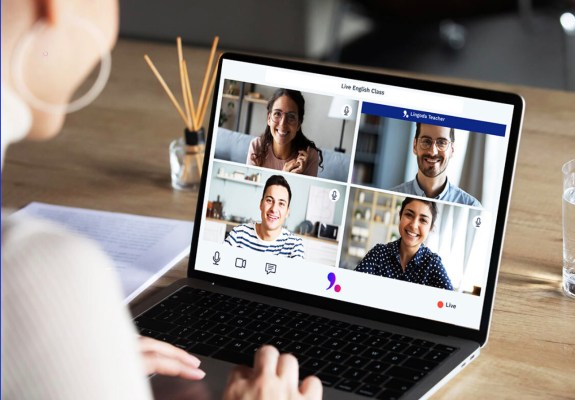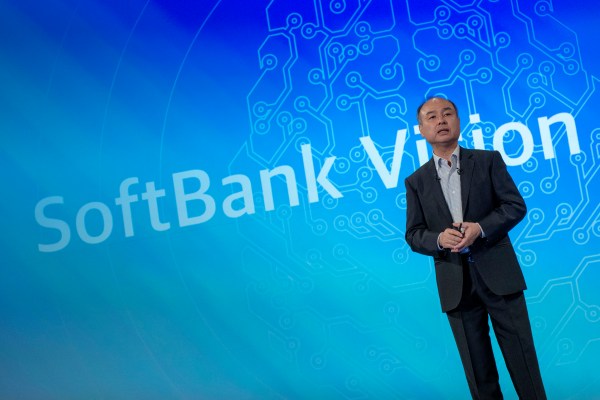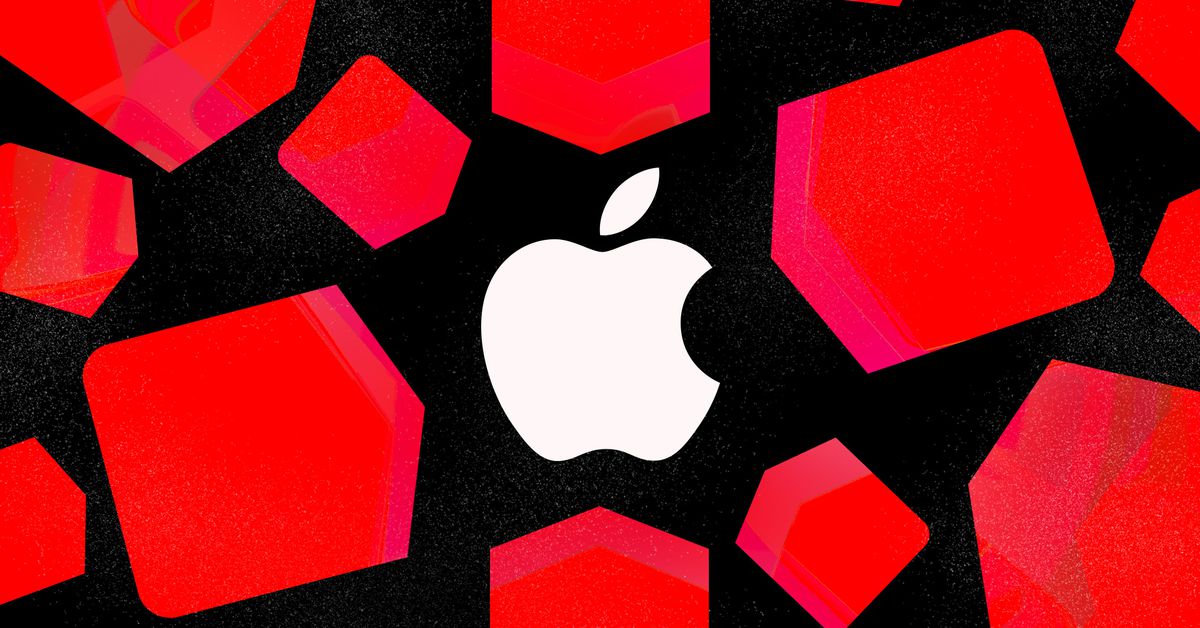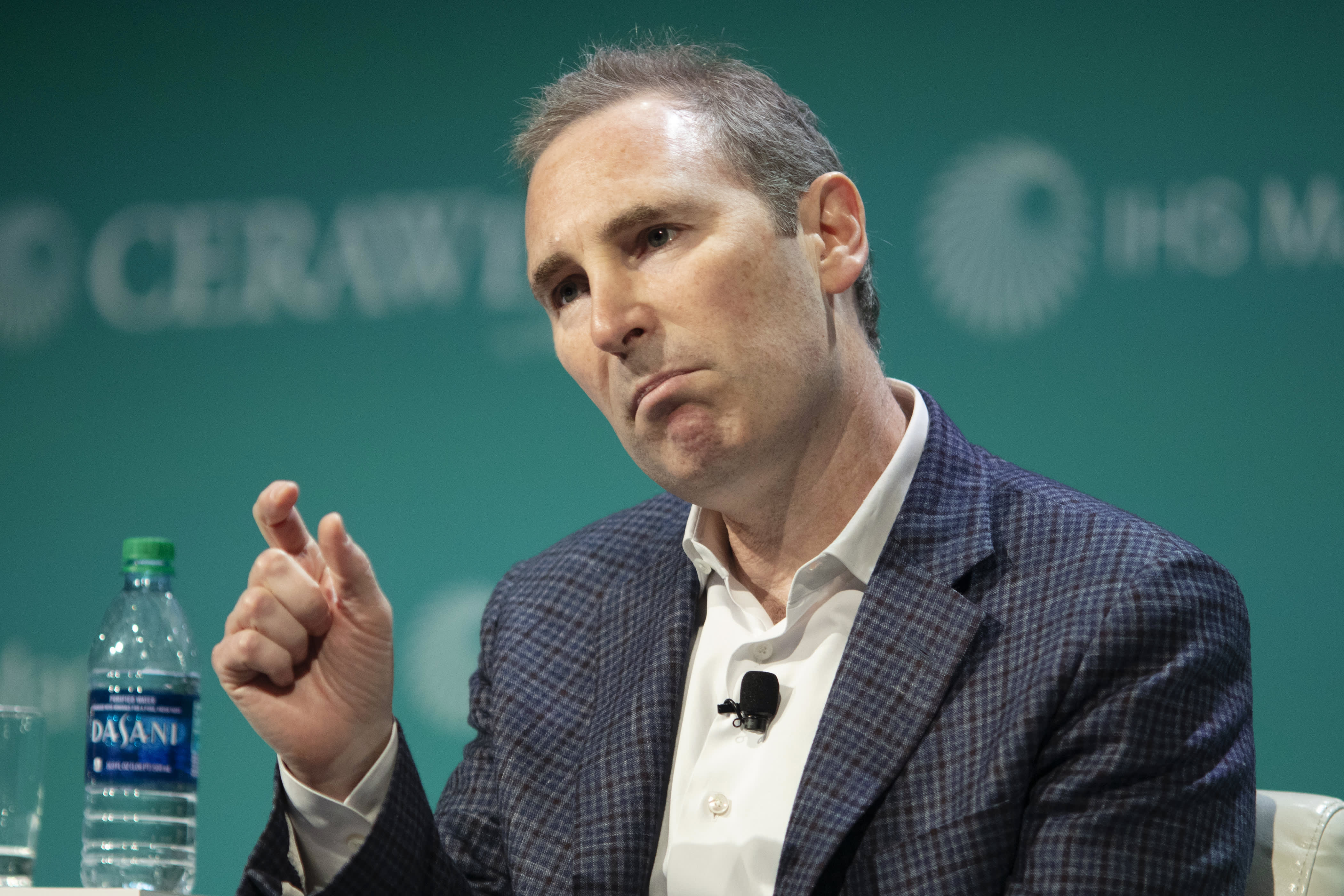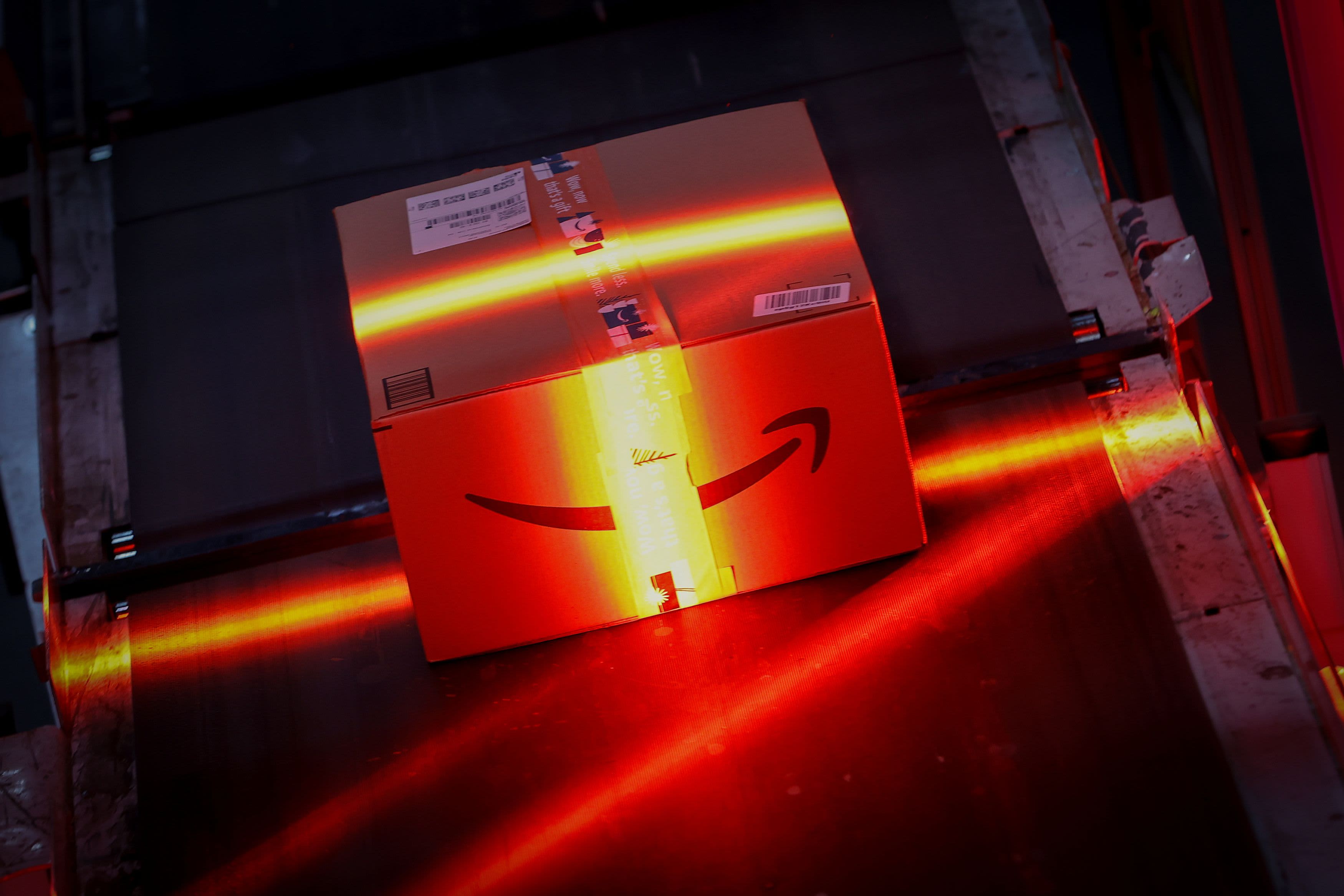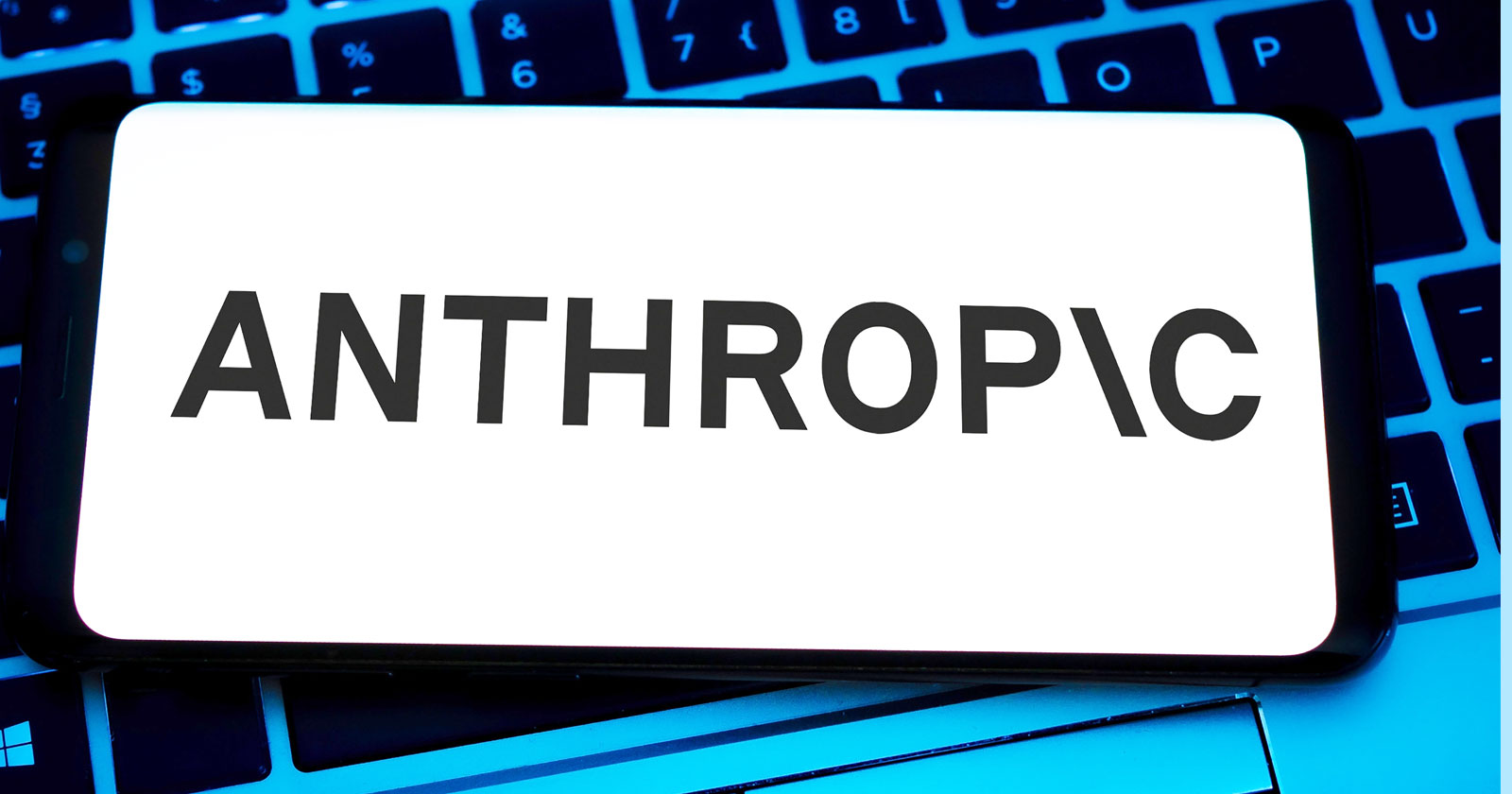Apple and Google should boot TikTok from their app stores, Democratic senator urges
Sen. Michael Bennet, D-Co., urged the CEOs of Apple and Google to remove TikTok from their mobile app stores immediately in a letter on Thursday.
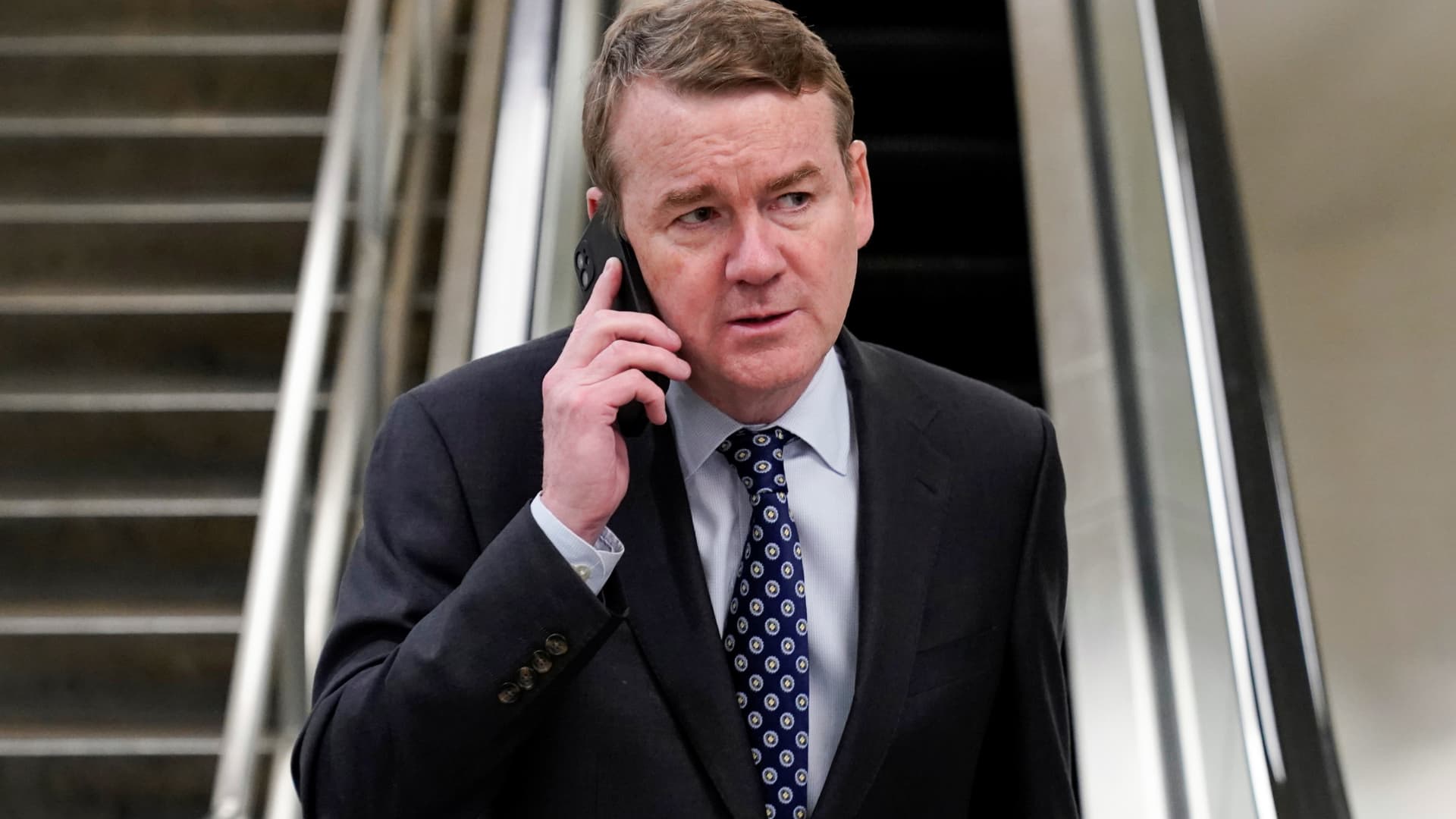
Senator Michael Bennet (D-CO) speaks on a mobile phone after a vote the day after the shooting at Robb Elementary School in Uvalde, Texas, on Capitol Hill in Washington, May 25, 2022.
Joshua Roberts | Reuters
Sen. Michael Bennet, D-Colo., urged the CEOs of Apple and Google to remove TikTok from their mobile app stores immediately in a letter on Thursday, citing widespread concerns that the Chinese government could access information on Americans using the app.
The request from Bennet, who sits on the Senate Select Committee on Intelligence, highlights both the growing concern over TikTok's potential national security risks and the power of Apple and Google have to decide the sort of apps to which Americans can access.
Bennet told the CEOs of both firms that TikTok is unique from other social media platforms because of its China-based parent company ByteDance, which under Chinese law would be required to hand over internal data to the government to assist in intelligence work.
"Beijing's requirement raises the obvious risk that the Chinese Communist Party (CCP) could weaponize TikTok against the United States, specifically, by forcing ByteDance to surrender Americans' sensitive data or manipulate the content Americans receive to advance China's interests," Bennet wrote. "These obvious risks render TikTok, in its current form, an unacceptable threat to the national security of the United States."
TikTok has repeatedly sought to reassure concerned American lawmakers and officials that it does not store U.S. user data in China. It has also been negotiating with the U.S. government about how it can mitigate potential national security risks while continuing to operate here.
But so far many lawmakers remain unconvinced, with Congress passing a bill at the end of last year banning TikTok from government devices. Others have proposed banning TikTok in the U.S. altogether. Limits on TikTok to various degrees have also proliferated across several states and universities.
In his letter, Bennet cites a BuzzFeed News article from last year based on recordings of internal meetings that found China-based employees at TikTok's parent company repeatedly accessed information about U.S. TikTok users. Bennet also cited a recent Forbes article describing TikTok's practice of "heating" or boosting select videos to help them go viral.
Bennet said that suggests a "very real possibility that the CCP could compel TikTok, via ByteDance, to use its influence to advance Chinese government interests, for example, by tweaking its algorithm to present Americans content to undermine U.S. democratic institutions or muffle criticisms of CCP policy toward Hong Kong, Taiwan, or its Uighur population."
"Unfortunately, Senator Bennet's letter relies almost exclusively on misleading reporting about TikTok, the data we collect, and our data security controls," TikTok spokesperson Brooke Oberwetter said in a statement. "It also ignores the considerable investment we have made through Project Texas—a plan negotiated with our country's top national security experts—to provide additional assurances to our community about their data security and the integrity of the TikTok platform."
Apple and Google did not immediately respond to requests for comment.
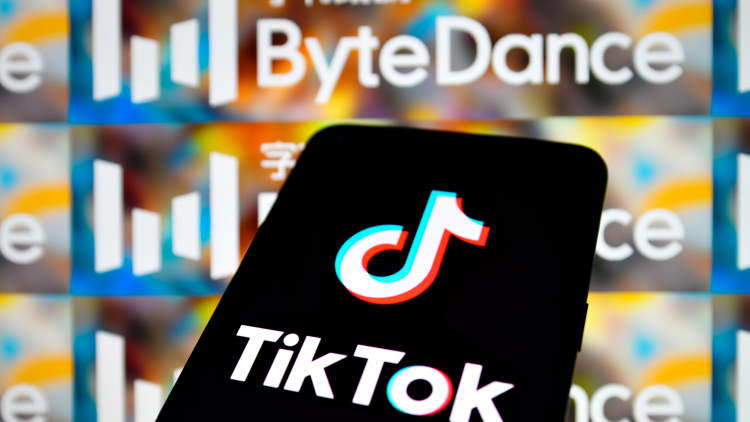

 BigThink
BigThink 







